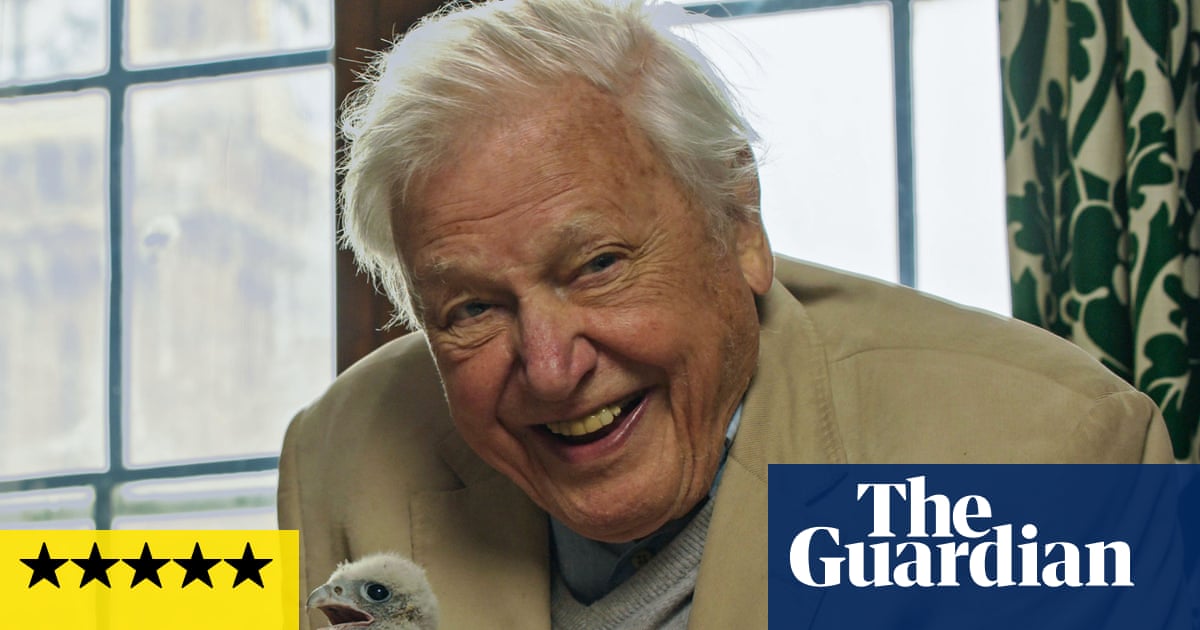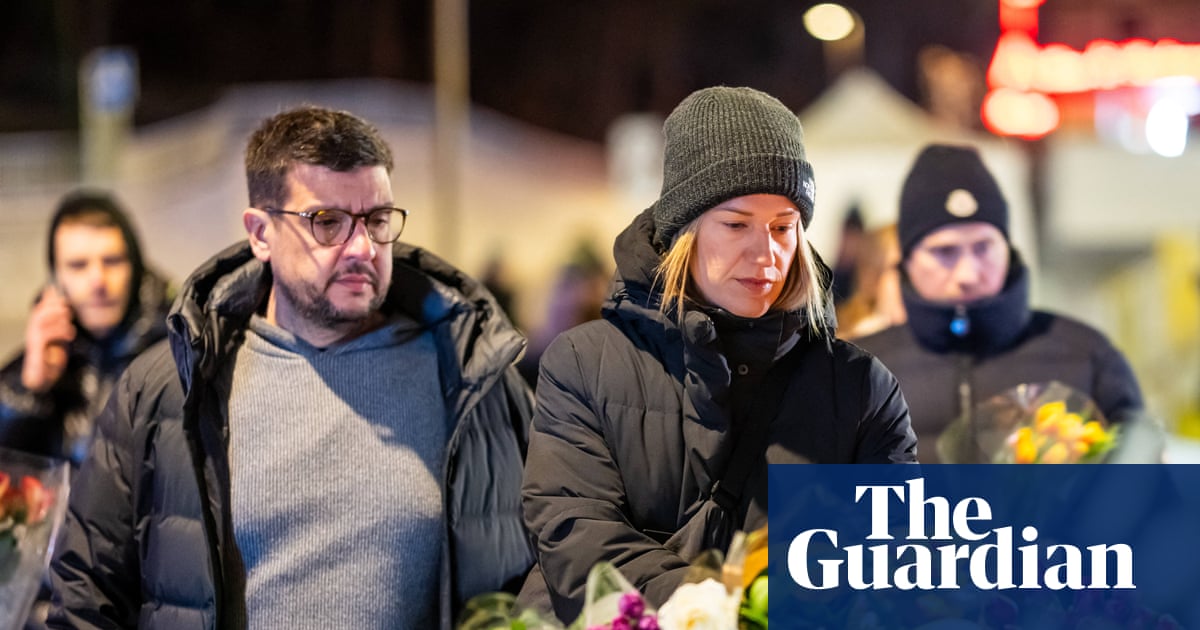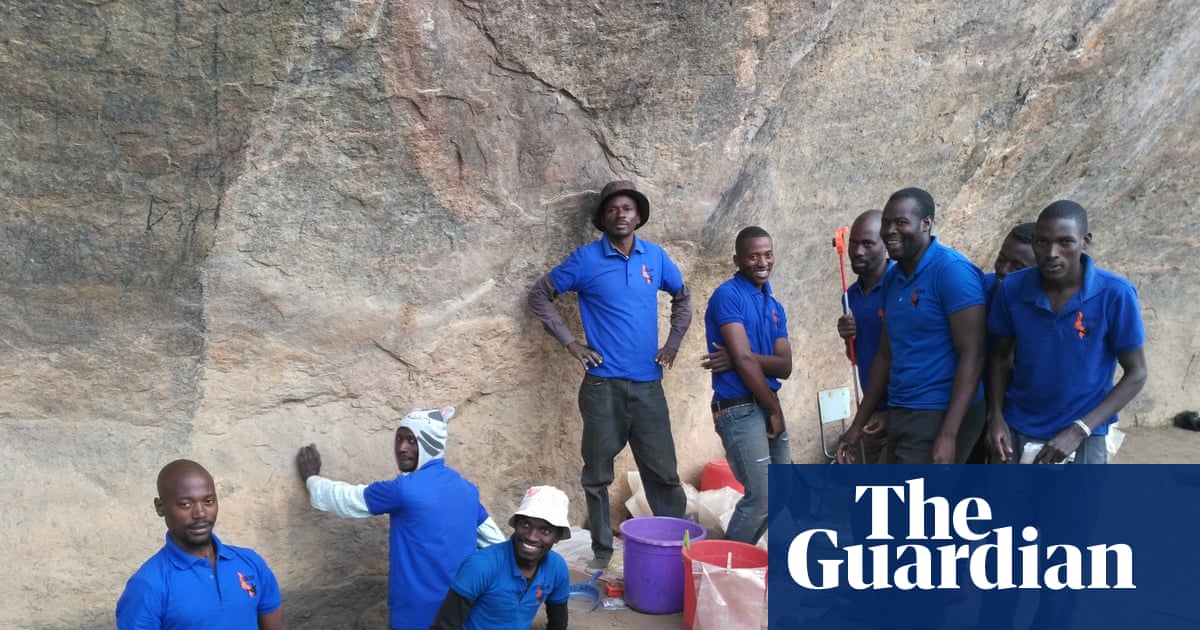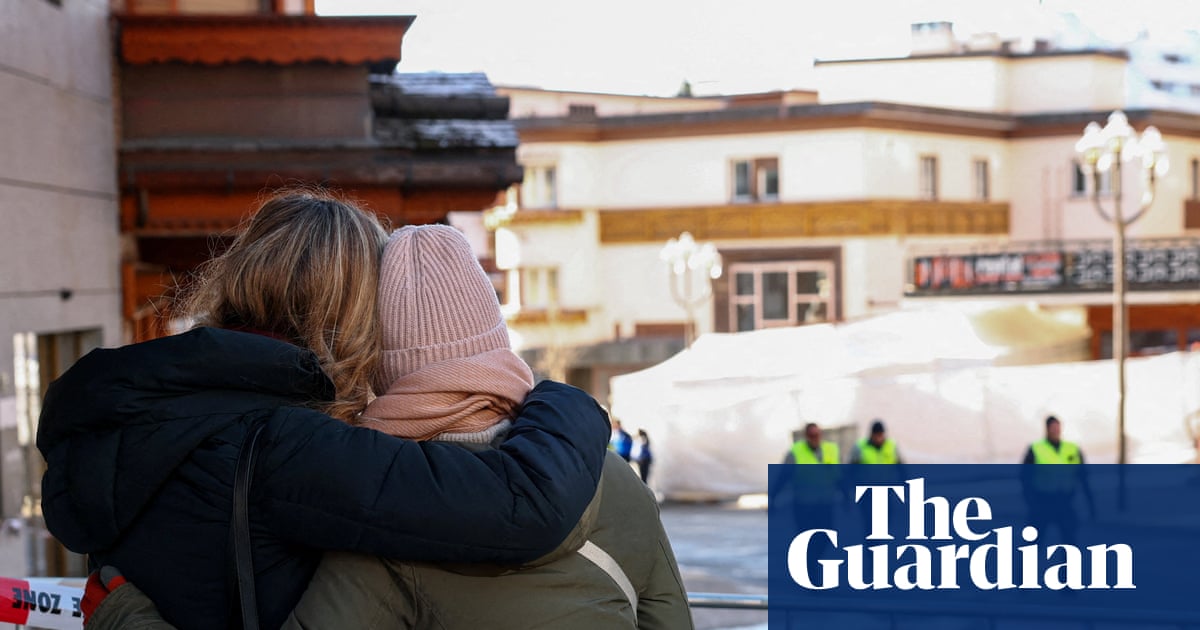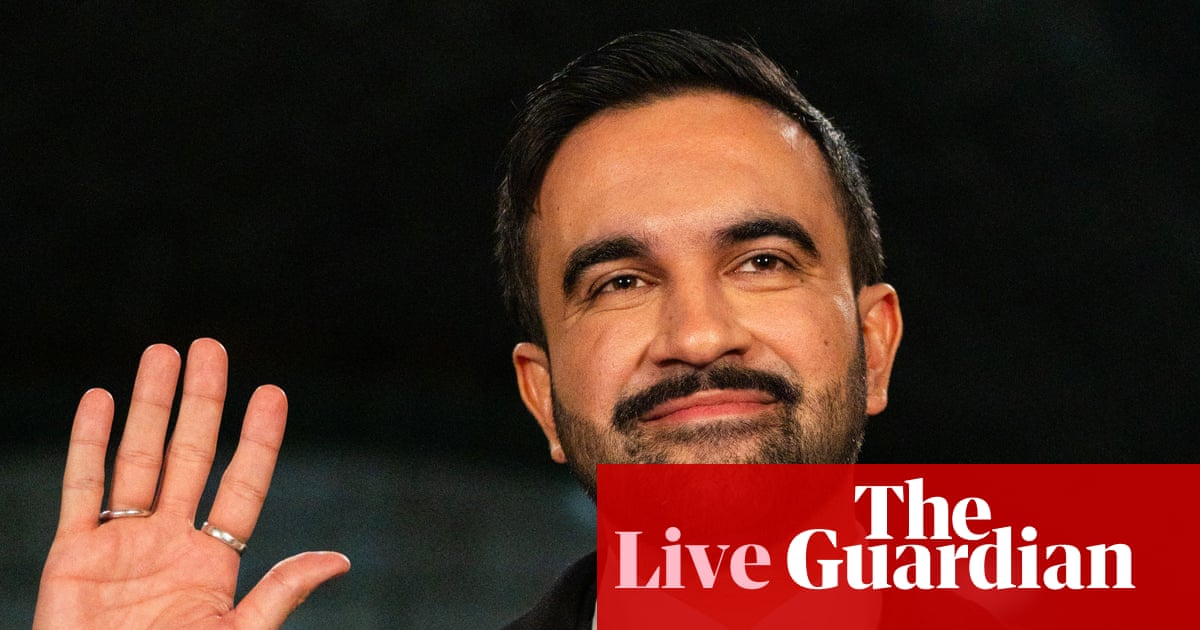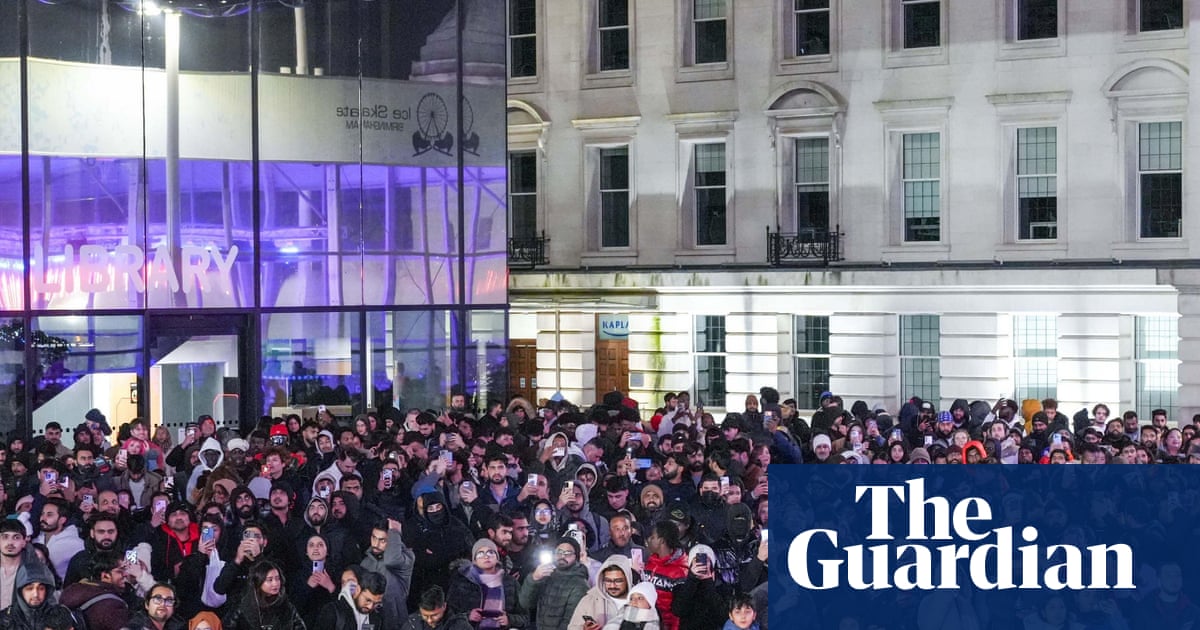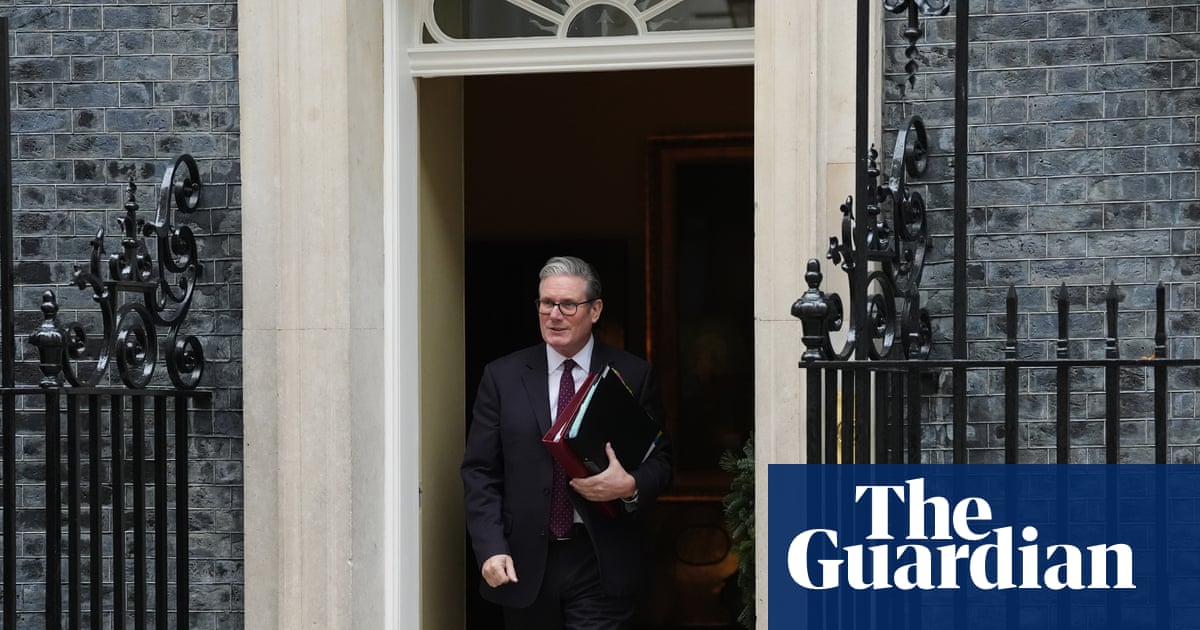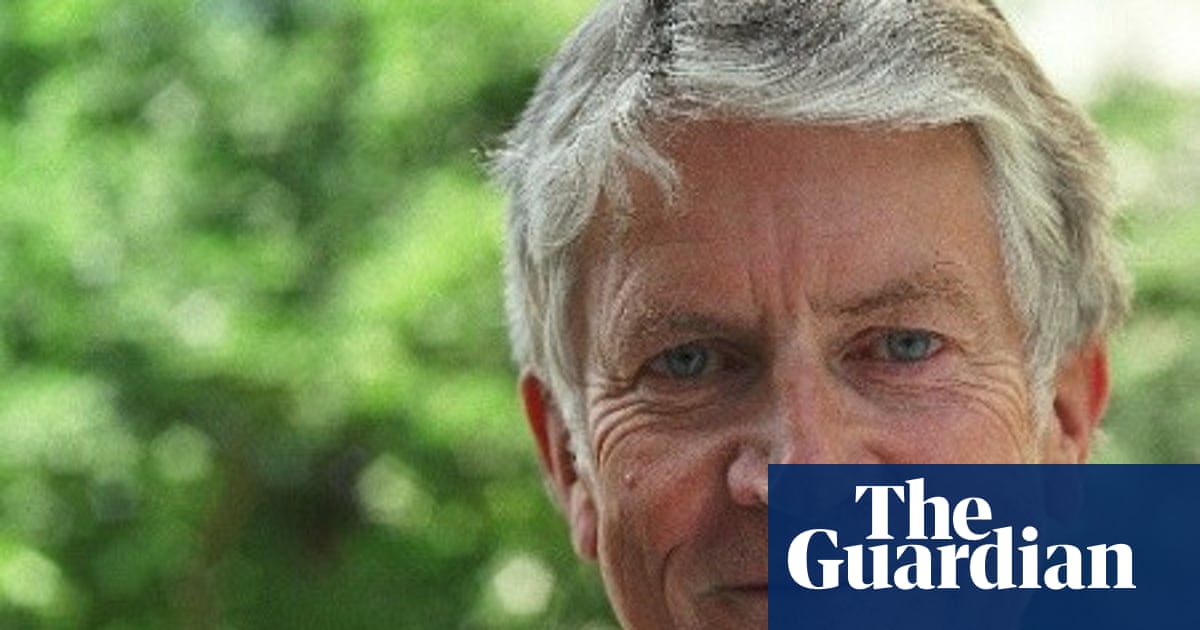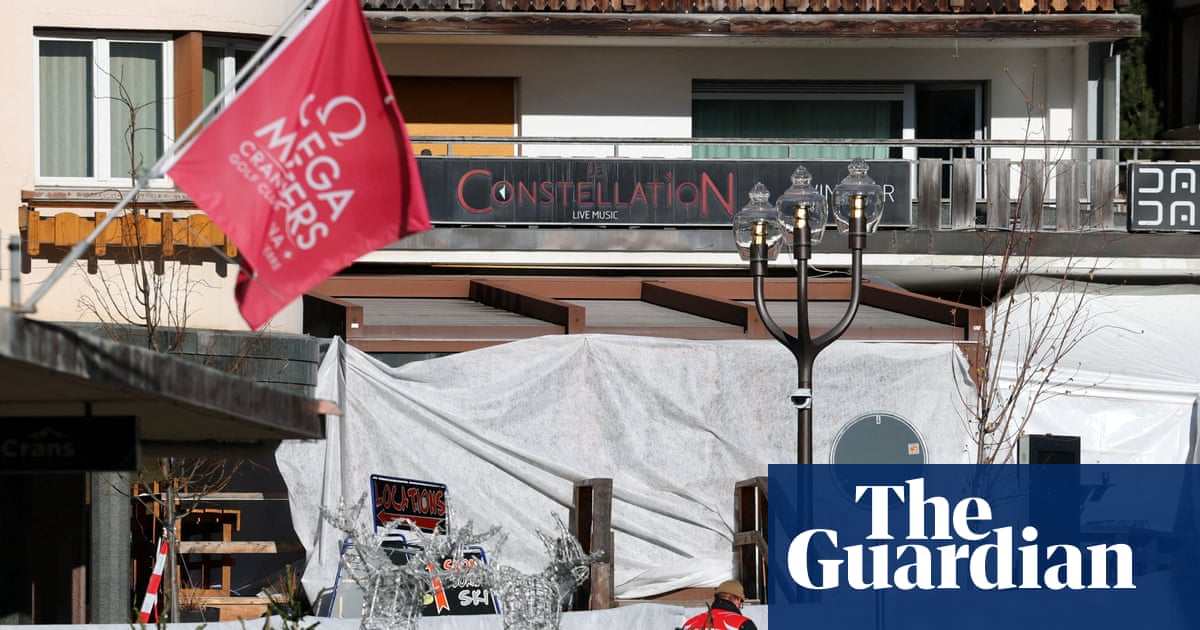So catastrophic has the last half century of Afghan history been that it is easy to forget how rich the country’s culture once was. The Mughals always regarded it as a much more refined place than India and looked to it as the source of the region’s greatest poets and artists, calligraphers and miniaturists, architects and tile makers. As recently as the early 1970s, at the height of the hippy trail, as Afghanistan filled with travellers “high on weed and low on cash”, Kabul was still known as the Paris of the east. Memoirs of the time describe a world of miniskirts, jazz clubs, bowling alleys and ice-cream parlours. This world was linked to a poor but extremely beautiful rural hinterland where life revolved around the vine harvest and the annual arrival of nomad caravans from the Wakhan corridor.
A quick flick through guidebooks of the time reveals an Afghanistan unimaginably different from today: of royal levees and fashion shows and apres-ski restaurants. Facing a photo of a gargantuan mound of melons – “delicious Afghan fruits are a treat for travellers” – you’d see a picture of “a tourist and his hunting party in the Pamir mountains with a Marco Polo sheep”. Most poignant of all are images of the priceless treasures of the Kabul Museum, almost of all which are now missing or destroyed, after looting during the mujahideen takeover of Kabul in the 1990s and the smashing up of what remained by the Taliban in 2001.
In such guidebooks, there was only one place to stay: the InterContinental. This is “the finest hotel in Kabul” of foreign correspondent Lyse Doucet’s charming and often surprising memoir. “The Intercon”, as it was known, was a beacon of sophistication where Paris couturiers opened fashionable boutiques and Italian coiffeurs competed with their rival salons. Celebrated Afghan singing stars such as Ahmad Zahir (the “Elvis of Afghanistan”) lolled by the pool while his Afghan Vogue-model girlfriend shimmied past in her bikini. In the evening, guests could choose whether to drink Afghan brandy in the Nuristan cocktail lounge, dine on escargots in the Pamir supper club or attend the annual Miss Afghanistan contest in the ballroom, followed by dancing to Gloria Gaynor in the basement discotheque.
Doucet acknowledges that the Kabul InterContinental, “a white box of cement and steel”, was always, from its opening in 1969, “an iridescent bubble floating above the city’s cares”. She even hints that the kind of libertine western modernity that the hotel represented, and the corruption that financed it in what was still one of the poorest countries in the world, was partly responsible for stirring up resentments that eventually led to catastrophic and violent reactions – first Marxist, then Islamist. Nevertheless, Doucet succeeds in making the hotel an oddly successful frame for a sweeping social history of Afghanistan over the last half century and a moving symbol of its remarkable ability to endure whatever horrors fate has thrown at it.
The book opens soon after President Biden has pulled the plug on US military assistance, with a description of the tragic disintegration of a 2021 wedding feast in the hotel. The news arrives that President Ashraf Ghani has fled the country and the Taliban are at the city’s gates. Guests scatter as a Taliban pickup is spotted trundling up the hill to the hotel; the bride bursts into tears and Naeem, the banquet manager, tells the groom: “Comfort your bride! If you don’t show courage today you will always disappoint her.”
Doucet then doubles back to the 1969 opening during the glory days of the Zahir Shah monarchy, as Kabul pullulated with nightclubs and the InterContinental played host to black-tie dinners in the only cold war capital where western and Soviet diplomats routinely invited each other to their parties. We follow the hotel through two successive coup d’etats, the assassinations of three presidents in two years, the Soviet invasion, the successful mujahideen counterattack and the rise of the Taliban. Somehow, throughout it all, the hotel manages to remain open.
What sustains the book is Doucet’s focus on the ordinary Afghans who keep the place going despite the shelling, rockets, suicide bombs and occasional massacres of both staff and guests. These are terrible affairs: during the era between the two Taliban governments, three successive suicide squads broke through rings of hotel security to maraud along the guest floors, shooting diners, throwing grenades down stairwells after fleeing staff, peppering cupboards full of hiding waiters with machine gun fire.
Today, despite everything, the hotel remains a monument to Afghan resilience and to the bravery and persistence of its staff. In Doucet, and her witty, observant and sometimes heartbreaking book, they have found a worthy chronicler.

 3 months ago
84
3 months ago
84




